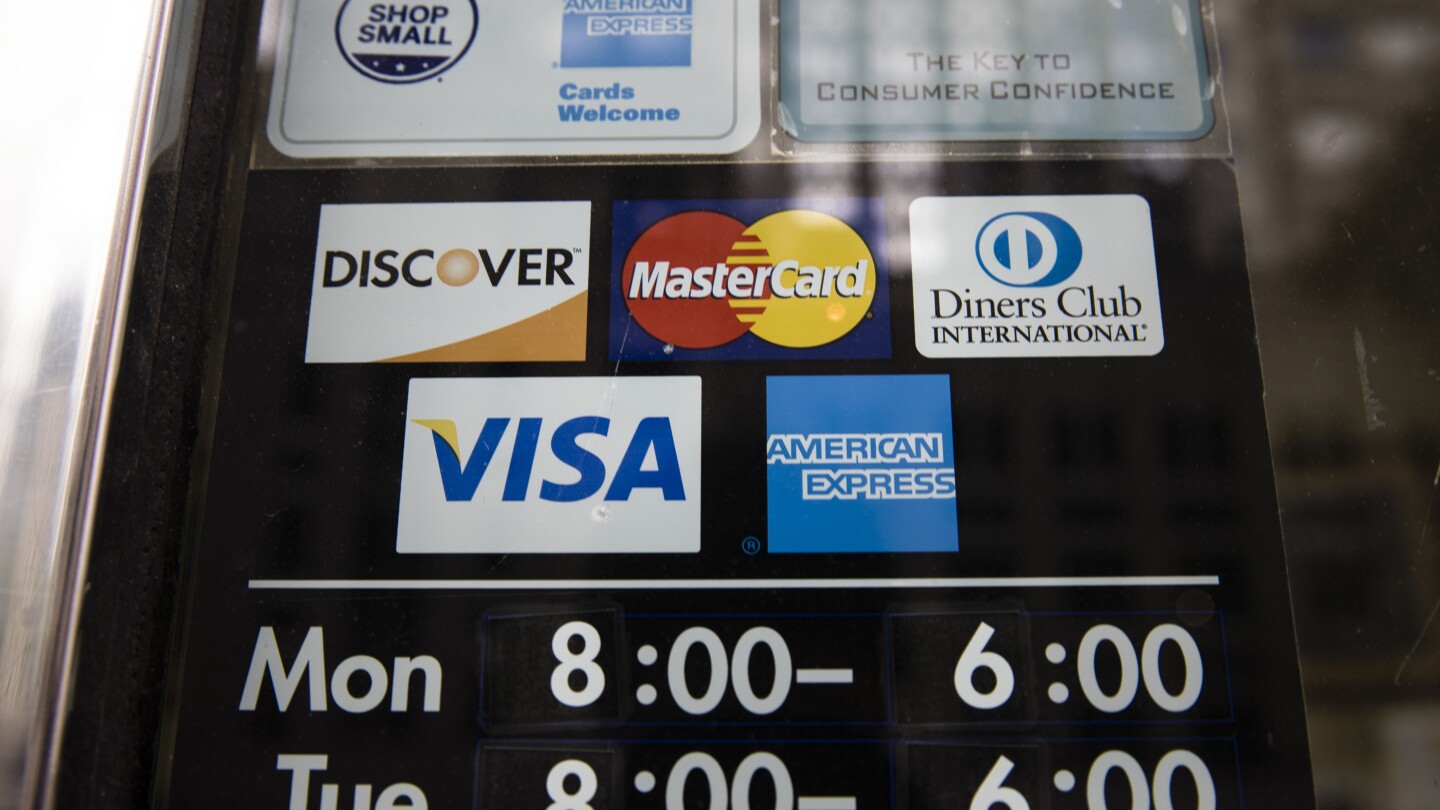While the U.S. economy is broadly healthy, pockets of Americans have run through their savings and run up their credit card balances after battling inflation for more than two years.
Experts worry that members of these groups – mostly lower- and middle-income Americans, who tend to be renters – are falling behind on their debts and could face further deterioration of their financial health in the year ahead, particularly those who have recently resumed paying off student loans.
“The U.S. economy is currently performing better than most forecasters expected a year ago, thanks in large part to a resilient consumer,” wrote Shernette McLoud, an economist with TD Economics, in a report issued Wednesday. “However, more recently that spending is increasingly being financed by credit cards.”
Americans held more than $1.05 trillion on their credit cards in the third quarter of 2023, a record, and a figure certain to grow once the fourth-quarter data is released by Federal Deposit Insurance Corp. next month. A recent report from the credit rating company Moody’s showed that credit card delinquency rates and charge-off rates, or the percent of loans that a bank believes will never be repaid, are now well above their 2019 levels and are expected to keep climbing.
…
Most analyses of Americans’ financial health tend to tell a tale of two consumers. On one side are the roughly two-thirds of Americans who own their homes and those who’ve invested in the stock market and done substantially well. They generally had the savings cushion necessary to weather high inflation. Delinquency rates on single-family homes remain at near historic lows and home prices have continued to climb.
But for the rest of America, things are looking rough.



"VantageScore’s Tavares worries that the recent reintroduction of student loan payments could more acutely impact these customers in their ability to repay their debts.
“Folks are scrambling to pay these obligations that they haven’t had to pay in three years, and it’s hitting exactly the demographic we are talking about here: the younger folk, less affluent folk,” Tavares said."
The loans thing she doesn’t help, but it’s the rampant and blatant price gouging for consumer goods that is a huge culprit. But no one seems willing to talk about or address that.
Thats because they assure us inflation is under control. Though, its easy to say that when CPI numbers are continually massaged.
Jerome Powell should be tarred and feathered.
Actually (“ECKKTUALLY?”) inflation has come down in a big way in most areas. Food is still high, but gas and other commodities have seen huge drops. The job market is strong and the stock market is more robust than it ever has been. But people tend to overlook those things when they aren’t getting more money into their wallets…naturally.
You’re getting downvoted but are also totally correct. Prices for all sorts of stuff have come way down, eg cars, gas, lumber, electronics, but people don’t tend to buy these things as often as groceries, which are still elevated, so it still feels pervasive. Add this on to crippling socioeconomic inequality and there’s certainly a recipe for dissatisfaction here though
That doesn’t bother me, I know when I’ve being downvoted it’s because I’ve said something truthful that people dont want to hear. If all I wanted was being upvoted, that would pretty much defeat the whole purpose of being on social media. I certainly don’t come here for the “approval” stamp.
There is still crippling socioeconomic inequality, but there has been ever since I’ve been alive and I’m almost 65 now. And there’s always been dissatisfaction over it, and large contingents of people unwilling to accept any positive news of the economy because they have gripes about some parts of it.